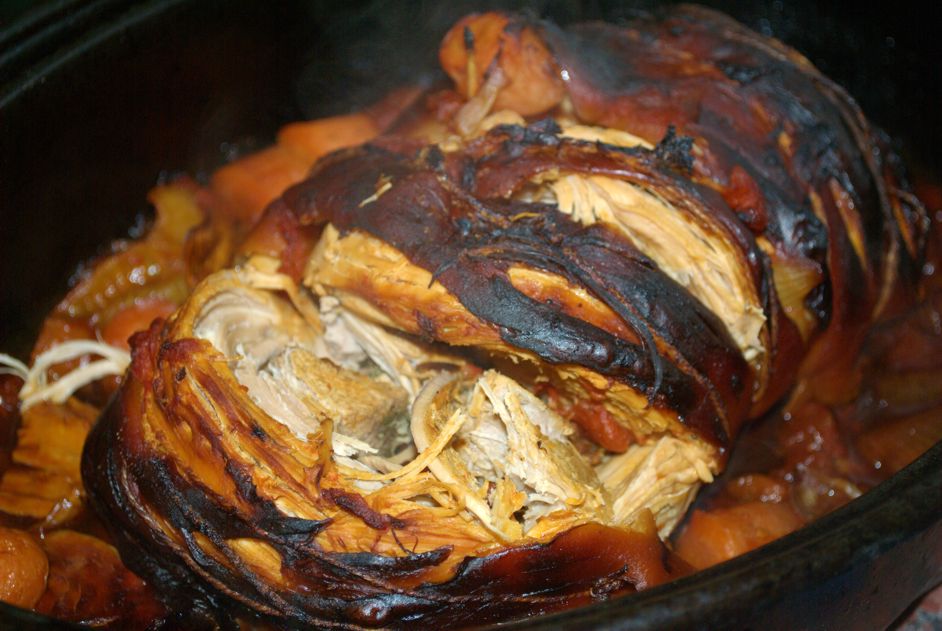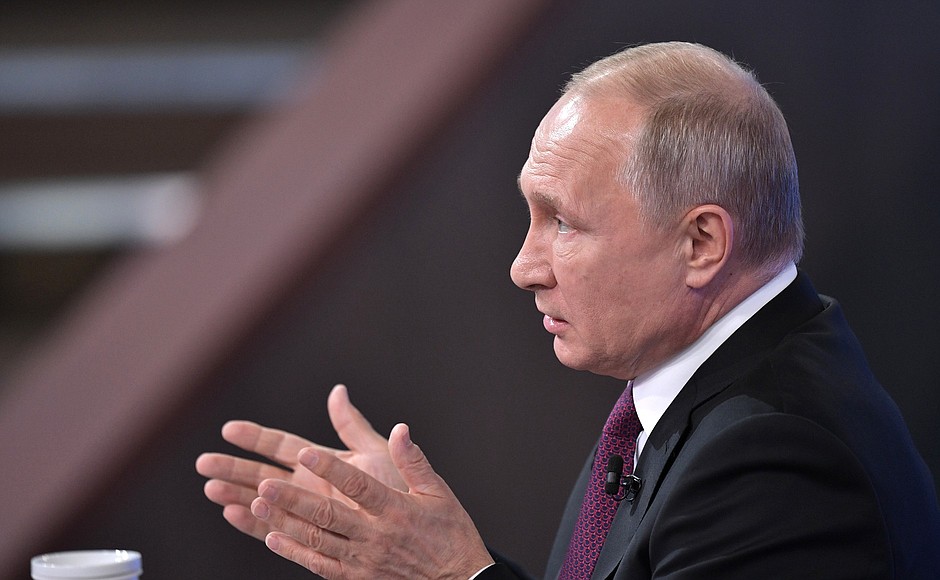By Felicia J. Persaud
News Americas, New York, NY, August 22, 2024: The Democratic National Convention, (DNC), kicked off on August 19th with a wave of enthusiasm, promising to be an inclusive event that would highlight the unique history and qualifications of Vice President Kamala Harris, who suddenly found herself elevated to the top of the ticket as the Democratic nominee for President of the United States. However, as a Caribbean American independent voter, I was left disappointed by several missed opportunities to connect with key voting blocs during this critical race.
First, playing politics with the Middle East crisis was a grave miscalculation. The suffering of tens of thousands in Gaza should have been acknowledged with the same level of attention given to Israeli hostages. The Muslim voting bloc, along with others deeply concerned about this issue, represents a significant and largely undecided segment that deserved inclusion in the DNC’s message. Yet, the convention failed to feature anyone who has advocated for this cause, even as President Biden’s support waned leading up to his sudden exit from the race. This was a glaring omission. Harris’ focus in her speech did little to address the concerns of those who feel this administration has supported the ongoing violence against Gazans, with U.S. weapons still being sent to Israel.
Saying Donald Trump would be worse on this issue is not a solution or comfort to those who feel betrayed.
Secondly, the continued neglect of Harris’ Caribbean American heritage is disheartening. Caribbean Americans make up 10% of the foreign-born population in the U.S., and yet, the DNC’s narrative consistently sidelined this part of Harris’ identity. Harris is not just “Black and South Asian,” but also a Black woman of Caribbean heritage. If elected, she would be the first Black, Caribbean American, and South Asian President. Yet, this significant aspect of her identity was largely ignored by the speakers, except for Oprah Winfrey.
Harris did mention her father briefly in her speech, recalling childhood memories, but there was no acknowledgment of his Jamaican or Caribbean heritage. This oversight, in such a tight election, is politically unwise and disrespectful to her father’s legacy. Whatever personal issues Harris may have with her father, she should continually recognize his role as a Jamaican and Caribbean immigrant in her story. As her only living parent, he should have been present at the convention. Another oversight I believe.
Moreover, the legacy of the late Congresswoman Shirley Chisholm, a Black and Caribbean American trailblazer, was completely overlooked. Chisholm, the daughter of Guyanese and Barbadian immigrants, was the first Black woman to seek the presidential nomination from a major party. Harris stands on her shoulders. A tribute to Chisholm should have been part of the convention, especially on the final night leading up to Harris’ speech, instead of some of the less meaningful onstage moments.
As Harris reaches out to more minority voters, particularly Caribbean and Asian Americans, the DNC also missed an opportunity to include Jamaican American Congresswoman Yvette Clarke and Indian American Congresswoman Pramila Jayapal as speakers on the last night in a lead up to her speech. This could have energized voters outside that arena who may not feel connected to Harris or aware of the historical significance of her candidacy.
Despite what the polls suggest, this election will be close. Many Black, Muslim, Latino and Caribbean American voters remain undecided and need to feel seen and heard. Most importantly, the black vote is no monolithic and the DNC should know that.
The DNC and the Harris campaign missed a crucial moment this week, one that must be addressed quickly if they hope to build the necessary coalition for victory on November 5th.





















Discussion about this post